In The Fosters: Back 2 School, you step into Jack’s shoes four years after the events of the original series. Now a substitute teacher at a local high school, Jack is assigned to oversee a week-long detention for a group of rebellious students. What seems like an easy task quickly unravels as these troublemakers have more in store for Jack than he could ever anticipate.
Throughout the game, players will reconnect with familiar faces from The Fosters, seeing how they’ve coped with the aftermath of the first chapter of their lives and how their relationships with Jack have evolved. New characters will be introduced, alongside fresh dynamics and challenges, giving Jack the opportunity to forge new connections—and maybe even explore new romantic interests. But not everything is as simple as it seems, and Jack will have to balance his personal life with the complex web of student drama, friendships, and secrets that emerge over the week.
Will Jack manage to get through the week unscathed, or will he become part of the chaos?
Gameplay:
Character Interaction and Relationship Building:
The core of the game revolves around building meaningful relationships with both familiar and new characters. Every choice you make, from how you respond to students to how you reconnect with old friends, influences your story. Whether you're deepening bonds with existing characters or forging new connections, your interactions matter.
Multiple Story Branches and Endings:
The game offers a variety of choices that can lead to different story paths. You’ll need to make decisions that affect Jack's standing with his students, as well as his personal relationships. These decisions will determine how the story unfolds and ultimately shape the ending of Jack's journey at the school.
Exploration and Dialogue-driven Gameplay:
In The Fosters: Back 2 School, dialogue and character interaction are at the forefront. As Jack, you'll be tasked with navigating complex conversations and dilemmas with students and faculty. Pay close attention to their reactions and body language—sometimes what’s said isn’t as important as what’s left unsaid.
Game Features:
Emotional Storylines and Personal Growth:
The game goes beyond simple classroom drama, delving into the personal lives and emotional journeys of both Jack and his students. Each chapter provides new opportunities to explore themes of growth, forgiveness, and self-discovery, with characters evolving in response to the choices you make.
Non-romantic Focus with Mature Themes:
Although The Fosters: Back 2 School includes adult themes, it focuses on character-driven drama and emotional connections rather than explicit content. As Jack, you’ll explore various complex relationships with students, teachers, and other characters, all while maintaining a respectful and mature approach to the challenges at hand.
Interactive Choices and Consequences:
The game is shaped by your choices, with every action and decision carrying weight. Whether it’s how you handle a student's rebellion or how you respond to a colleague’s advice, your actions will influence the direction of the story, opening up new storylines and outcomes. There's no one "right" way to play, so your choices will create a unique experience every time.
Gameplay Tips:
Pay Attention to Character Development:
Every character has a story to tell, and how you engage with them will impact the overall narrative. Take time to understand each student and faculty member, and be mindful of how your decisions may alter their relationships with Jack.
Keep Track of Your Choices:
The story is shaped by the choices you make, so it’s important to keep track of how your decisions affect the relationships around you. Certain outcomes may not be immediately obvious, so think carefully about how each action will influence the trajectory of the plot.
Build Trust with Your Students:
While Jack’s main role is to supervise, the key to unlocking deeper interactions and potential rewards lies in earning the trust of the students. Engage with them on a personal level, understand their struggles, and use your influence to help guide them through their challenges. This will lead to stronger relationships and more significant story developments.
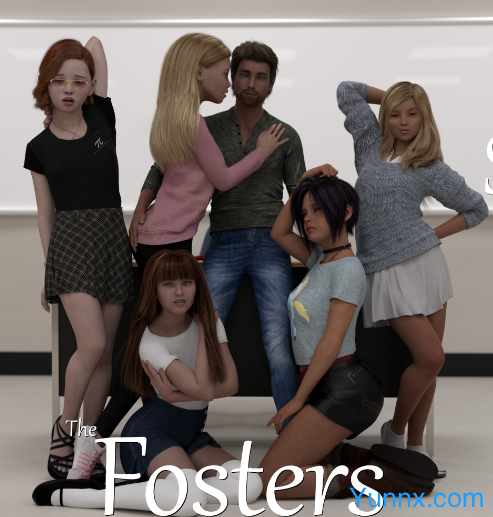
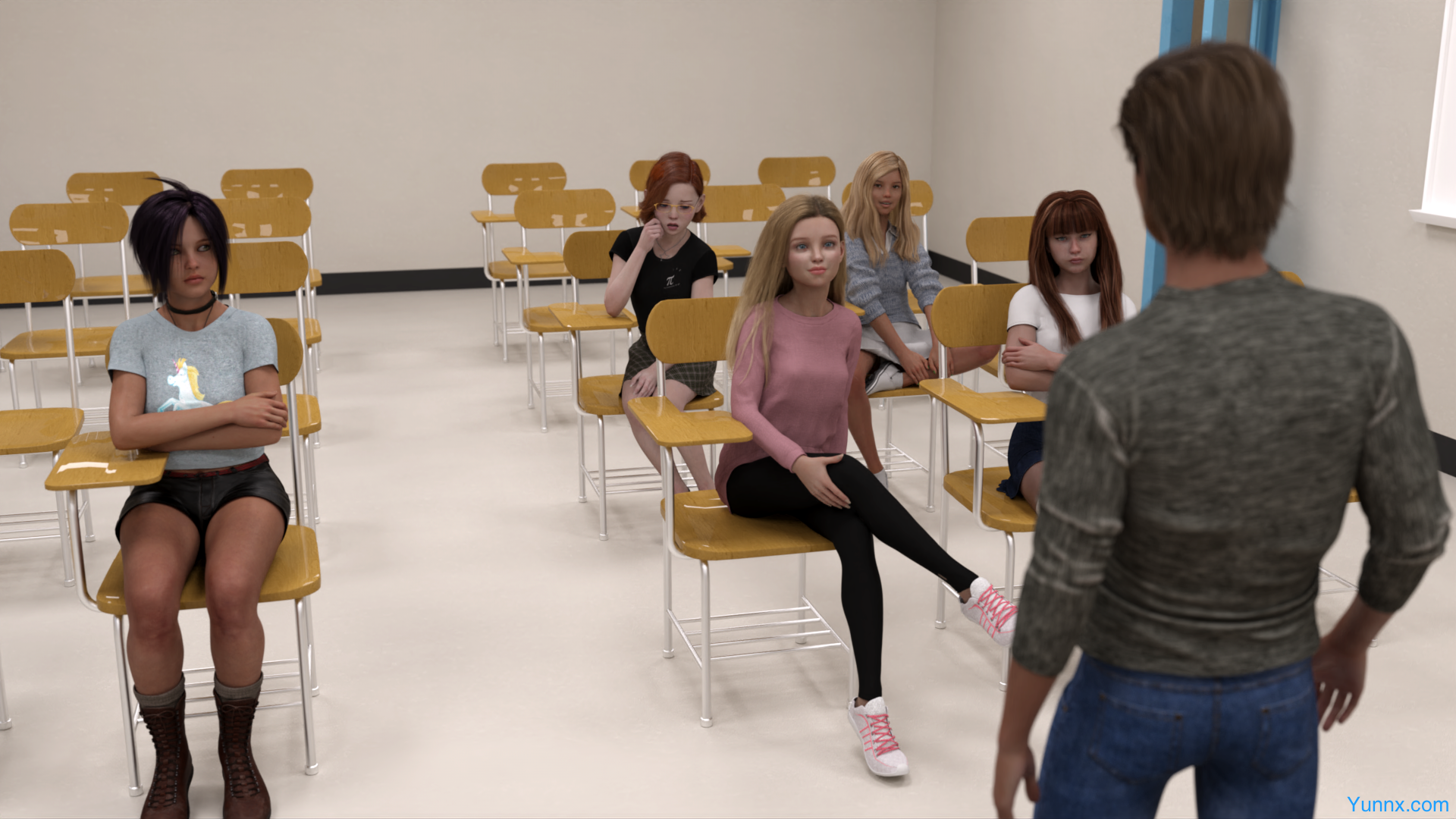
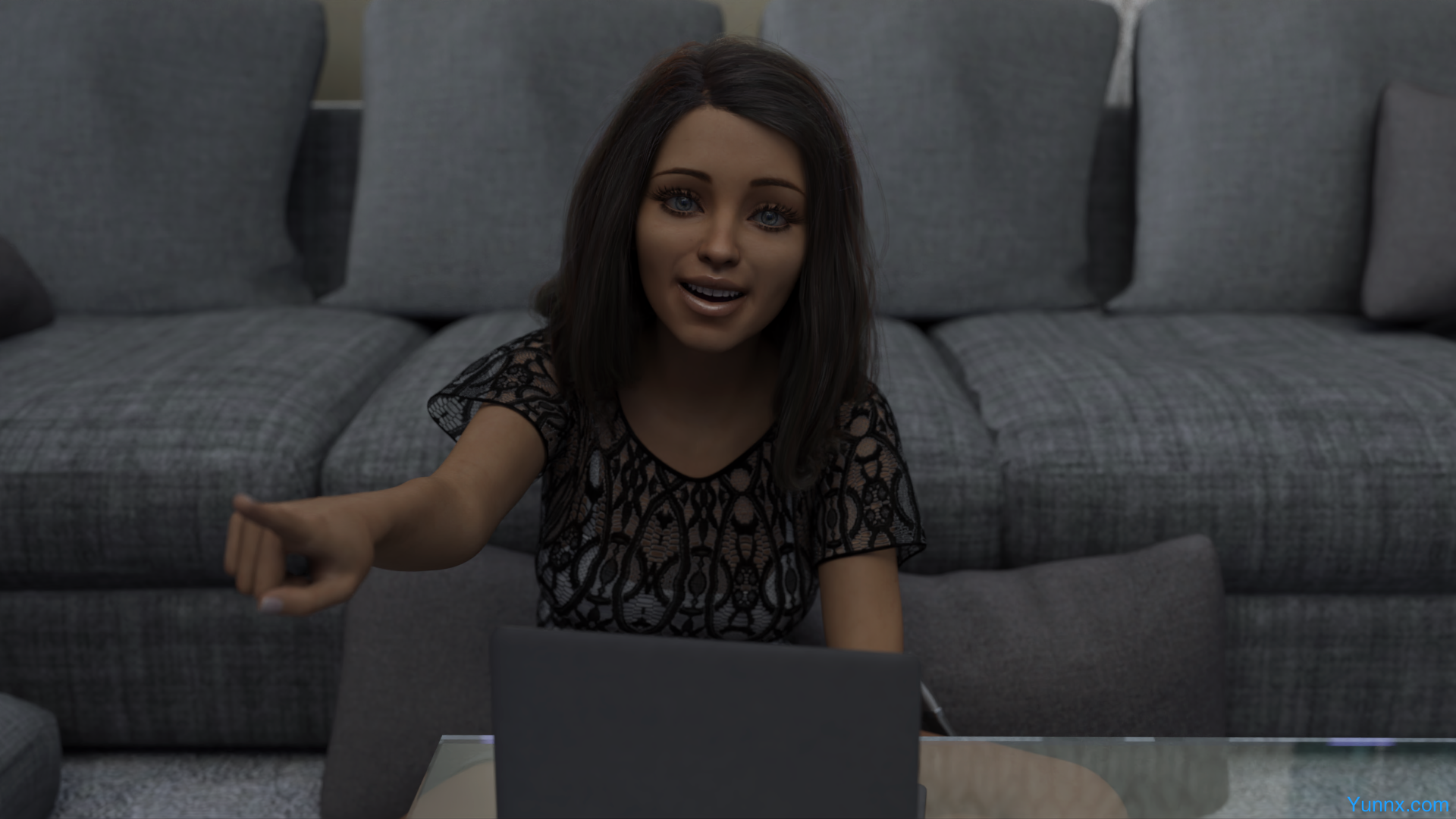
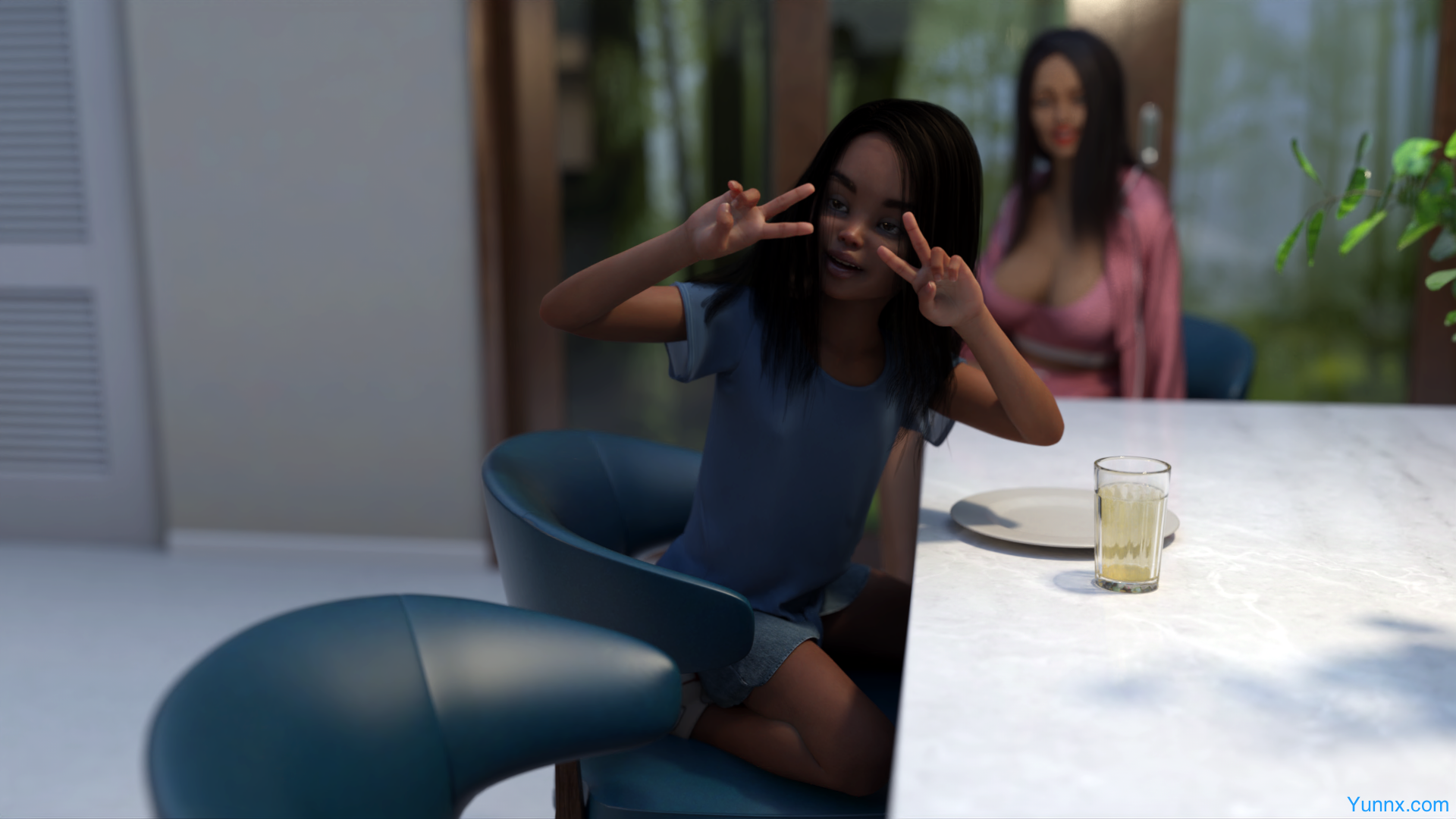











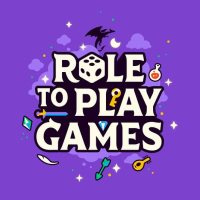
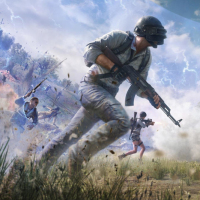

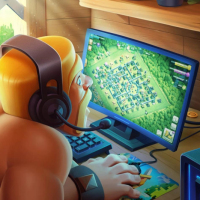


Preview: